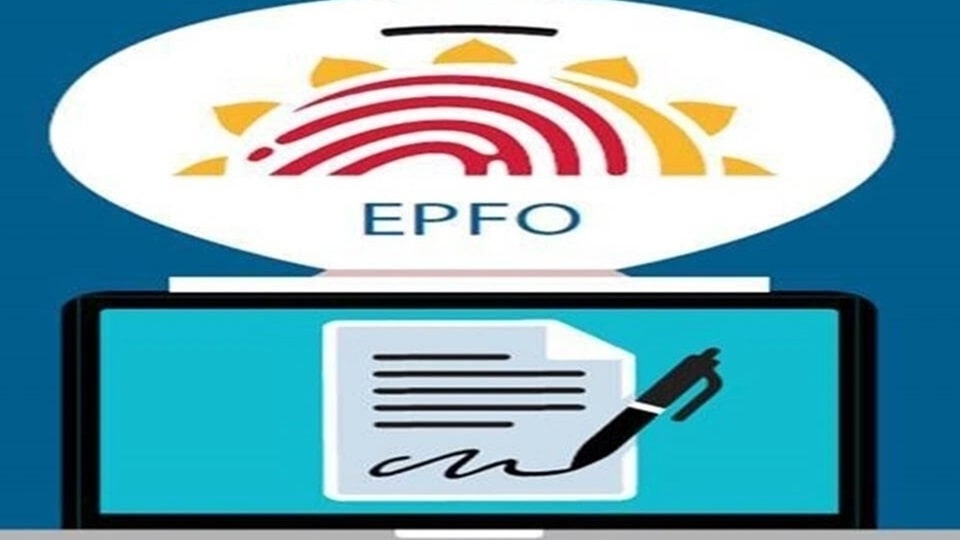
The Employees’ Provident Fund Organisation (EPFO) has announced a new policy that aims to boost returns for its subscribers by tweaking the redemption process for Exchange Traded Funds (ETFs). The decision was taken in a meeting of the Central Board of Trustees (CBT), the highest decision-making body of the EPFO, held recently in New Delhi.
The new policy allows the Employees’ Provident Fund Organisation to redeem its investments in ETFs in a phased manner instead of selling them all at once. This will enable the EPFO to take advantage of the fluctuations in the stock market and sell its investments when the prices are favourable, thereby enhancing its returns.
Employees’ Provident Fund Organisation is one of the largest pension funds in the world, managing the retirement savings of more than 60 million subscribers in India. It invests a portion of its corpus in ETFs, which are passively managed funds that track a specific stock market index, such as the Nifty 50 or the BSE Sensex. ETFs are considered a cost-effective and efficient way to invest in the stock market, as they offer diversification and liquidity, and have lower management fees compared to actively managed mutual funds.
The EPFO started investing in ETFs in August 2015 and has since then allocated a substantial portion of its corpus to this asset class. As of March 2021, the EPFO’s investment in ETFs stood at Rs. 1.86 lakh crore, accounting for about 15% of its total investible corpus.
However, the EPFO has been facing criticism from some quarters over the performance of its ETF investments, which have lagged behind the broader market indices in recent years. This has led to calls for the EPFO to review its investment strategy and take steps to enhance its returns.
The new policy of redeeming ETF investments in a phased manner is seen as a step in this direction. The EPFO will now sell its ETF investments in tranches of up to 5% of its holding in a single ETF in a single trading session. This will allow the EPFO to take advantage of the liquidity in the market and sell its investments without causing any significant impact on the market price of the ETF.
In addition, the EPFO has also decided to increase its investment in ETFs that track the Nifty 50 and the BSE Sensex, two of the most widely tracked stock market indices in India. The EPFO will now invest up to 15% of its incremental corpus in these ETFs, up from the earlier limit of 10%.
The EPFO’s decision to tweak its redemption policy for ETFs has been welcomed by market participants, who believe that it will enhance the returns for its subscribers. Some experts have also called for the EPFO to consider investing in a broader range of ETFs, including those that track mid-cap and small-cap indices, to diversify its portfolio and reduce the concentration risk.
However, some critics have raised concerns over the volatility and risks associated with ETFs, especially during periods of market turbulence. They have called for the EPFO to adopt a more cautious approach and invest a larger portion of its corpus in fixed income securities such as bonds and debentures.
The EPFO has defended its investment strategy, stating that it has a long-term horizon and is well-diversified across multiple asset classes. It has also pointed out that its investments in ETFs have generated a return of 9.54% in the financial year 2020-21, which is higher than the benchmark return of 9.21%.
The EPFO’s decision to revise its redemption policy for ETFs comes at a time when the Indian stock market is witnessing a surge in investor interest, driven by a combination of low interest rates, high liquidity, and an improving economic outlook.









